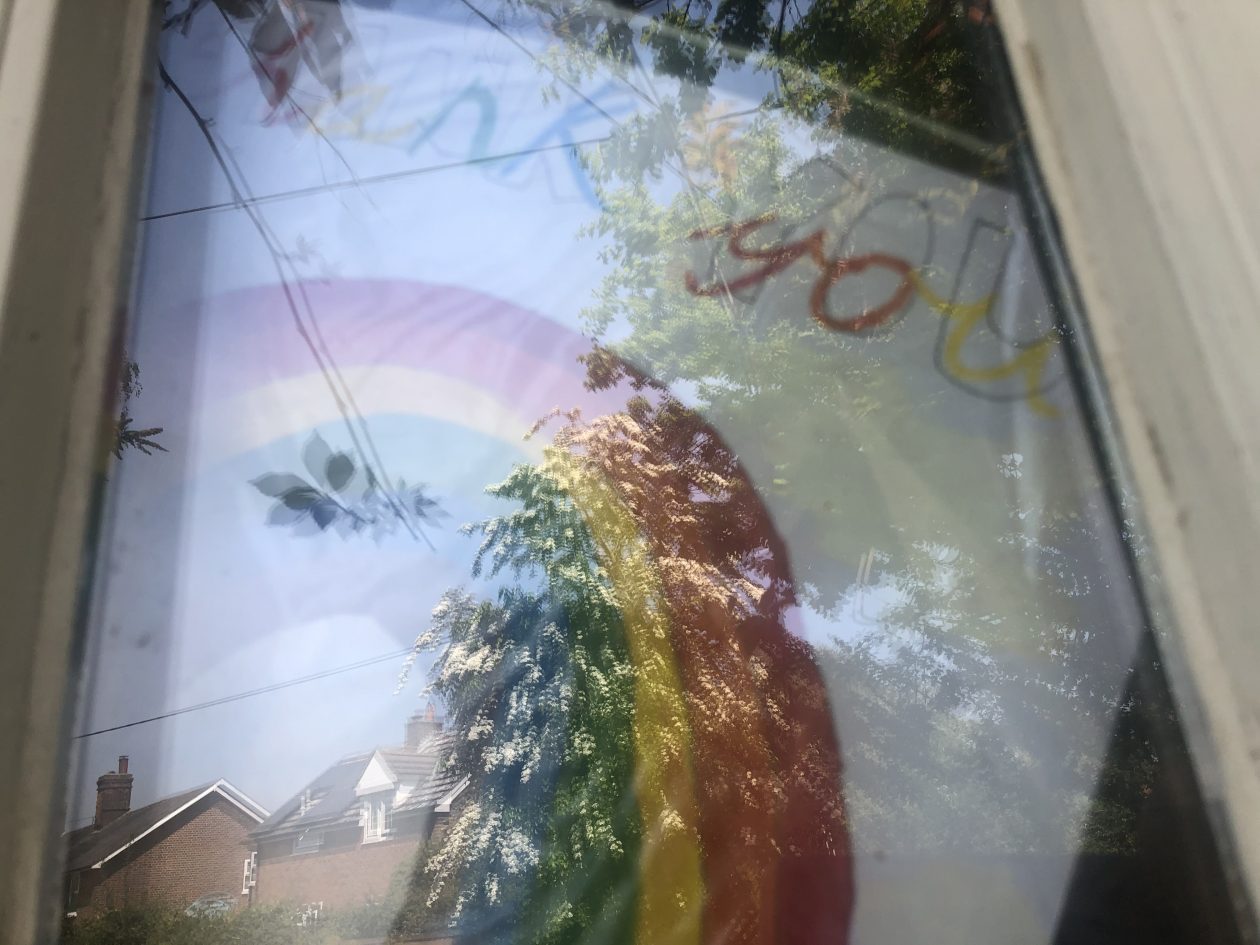The Covid-19 pandemic has been portrayed as a time when communities have become closer and when neighbours helped each other, but new research suggests that in reality neighbourhoods have become more fractured during the lockdown.
Dr Magda Borkowska from the Institute for Social and Economic Research at the University of Essex, and Dr James Laurence at the University of Manchester, used the UK-wide longitudinal household panel study Understanding Society to look at how people felt about their neighbours and their local neighbourhood during June 2020 and compared this with what they reported in 2011/12 and 2014/15. Surprisingly, they found that across the whole population the percentage of people reporting positive feelings about their community was lowest during the pandemic period.
The number of people who felt that they could trust other people in their neighbourhood fell from nearly 70% in 2011/12 to 56% in 2020. The lockdown also seems to have made people feel more isolated in their community, with a decline in whether people feel that they are similar to others in their neighbourhood. The analysis found that only 45% of people felt similar to others living around them, which is 17% less than in 2014/15.
The decline in social cohesion was noticeable across all the measures, both behavioural, such as talking to neighbours, and attitudes, such as thinking local people get along well. Talking to neighbours declined during the pandemic, probably because of the lockdown and the need to socially distance. Just over 50% of people reported talking to their neighbours in June, compared to 60% in 2014/15. The only measure that remained relatively stable during the lockdown was people’s willingness to help their neighbours – in June 65% of people agreed that people in their community helped each other, compared to just over 70% in 2014/15.
Changes in social cohesion were seen across all areas of the UK and for all socio-demographic groups – the pandemic appears to have had a negative effect on perceived cohesion among people and places. Some groups did see their community cohesion decline more than others though. People living in the most deprived neighbourhoods, people under the age of 35 and people from certain ethnic minority backgrounds (Pakistani, Bangladeshi and Black) experienced larger declines. When compared with previous years, the higher decline in neighbourhood cohesion for the most deprived areas and for ethnic minority groups appears to be a distinct and new change, compared with community cohesion in the years before the pandemic.
Dr Magda Borkowska said, “The lockdown meant that people spent more time at home and in their local community. We were expecting this focus on home to make people feel more positively about their neighbourhood, but instead found that people felt more isolated and less trusting of the people that they live near. If lockdowns have the effect of making people less neighbourly, this suggests that there is significant work to be done to build up community cohesion as the local lockdowns continue this winter and when the pandemic has passed.”
Ends
Notes to editors
-
This analysis uses three waves of Understanding Society data – two waves of the annual survey collected in 2011/12 and 2014/15, plus Wave 3 of the Understanding Society Covid-19 survey collected in June 2020.
-
Neighbourhood cohesion is assessed using five items, measured on a five point scale from ‘strongly agree’ to ‘strongly disagree’:
· I regularly stop and talk to people in my neighbourhood
· People around here are willing to help their neighbours
· People in this neighbourhood can be trusted
· People in this neighbourhood generally don’t get along with each other
· I think of myself as similar to the people that live in this neighbourhood
-
The full analysis can be found here: Magda Borkowska & James Laurence (2020) Coming together or coming apart? Changes in social cohesion during the Covid-19 pandemic in England, European Societies, DOI: 10.1080/14616696.2020.1833067
-
Dr Magda Borkowska is a Senior Research Officer at the Institute for Social and Economic Research at the University of Essex. Dr James Lawrence is a Research Fellow at the University of Manchester.
-
The Understanding Society Covid-19 study is a monthly survey on the experiences and reactions of the UK population to the Covid-19 pandemic, funded by the Economic and Social Research Council (ESRC) and the Health Foundation. The first wave was carried out online in April 2020 and subsequent waves have been carried out at regular intervals. All Understanding Society adult sample members aged 16+ were invited to participate. This analysis uses a sample of 11,164 respondents from the Covid-19 survey. ESRC is part of UK Research and Innovation. The Health Foundation is an independent charity committed to bringing about better health and health care for people in the UK.
-
Understanding Society is the UK Household Longitudinal Study. It follows tens of thousands of households across the UK through yearly interviews that focus on social, economic, and health topics. The Study is based at the Institute for Social and Economic Research at the University of Essex. www.understandingsociety.ac.uk
